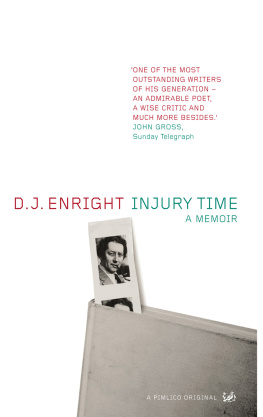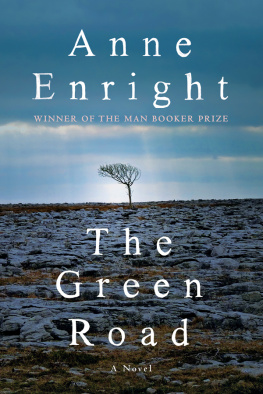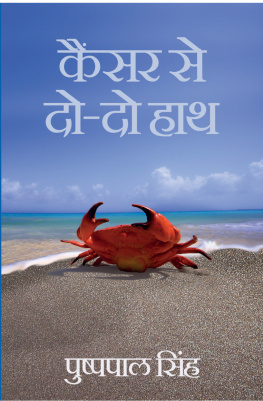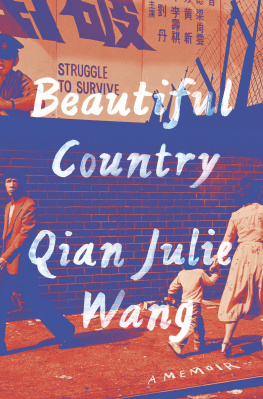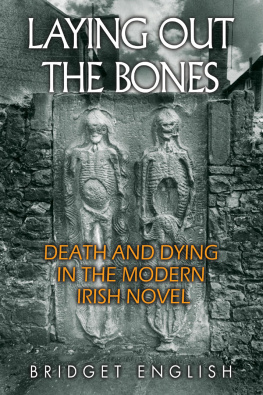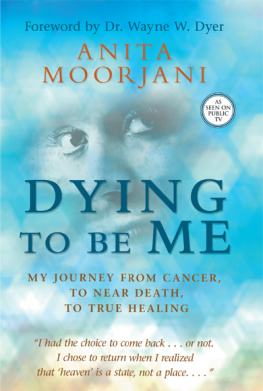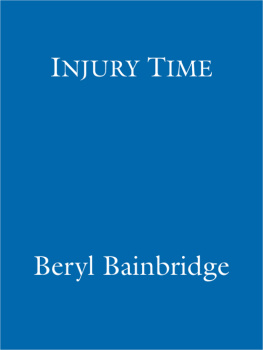

VINTAGE home to the worlds greatest authors and books. Where new writers are discovered, bestselling books are found and yesterdays classics revived for a new generation of readers.
Our authors represent the very best in creativity and quality and have won the most prestigious prizes the book world has to offer including the Man Booker, the Samuel Johnson and the Nobel.
Born in New York in 1974, and arriving in London in 1990, VINTAGE publishes beautiful books with the very best design for people who love to read.
@vintagebooks
penguin.co.uk/vintage

About the Author
Born in 1920, educated at Leamington College and Downing College, Cambridge, D. J. Enright spent over twenty years teaching English at universities in Egypt, Japan, Berlin, Thailand, and Singapore. He returned to London in 1970 and later became a director of London publishers Chatto & Windus. First and foremost a poet, he published many collections in over fifty years, including Collected Poems: 1948-98 (1998), and translations from Japanese and German verse. He wrote novels for both adults and children, and revised with Madeleine Enright the English translation of Prousts In Search of Lost Time (1992), while his enormous output of non-fiction includes his Memoirs of a Mendicant Professor (1969), a number of critical works, and several anthologies, among them The Oxford Book of Death (1983) and The Faber Book of Fevers and Frets (1989). Observations on life (high and low), literature, morals and manners, human or animal, are recorded in The Way of the Cat (1992), and two companion volumes to Injury Time - Interplay: A Kind of Commonplace Book (1995) and Play Resumed: A Journal (1999). D. J. Enright received the Cholmondeley Award in 1974; he was awarded the Queens Gold Medal for Poetry in 1981 and appointed OBE in 1991. Fellow of the Royal Society of Literature since 1961, he was made Companion of Literature by the Society in 1998, an honour granted to no more than ten living writers at any one time. He died on the last day of 2002, after battling vigorously against cancer for seven years.
Injury Time
A Memoir
D. J. Enright

INTRODUCTION
Injury Time is D. J. Enrights last book, completed shortly before his death in December 2002. It marks the end of a career notable not only for originality and accomplishment, but for variety as well. Enright was a poet, critic, novelist, reviewer, childrens author, translator and anthologist. He wrote a memorable book about Japan, The World of Dew, and an outstanding autobiography, Memoirs of a Mendicant Professor. And he ended up with three works Injury Time and its two predecessors, Interplay and Play Resumed which are hard to classify. He himself subtitled Interplay A Kind of Commonplace Book, Play Resumed A Journal and Injury Time A Memoir. In an earlier age they might have been called something like musings.
Faced with this diversity, more than one obituarist was moved to describe him as a man of letters. This is a useful label applied in moderation, but one wouldnt want to make too much of it. It suggests a servant of literature rather than a creator. It draws attention away from the fact that he was above all else a poet.
A poet who maintained a high level, and who demands or at any rate deserves to be read in bulk. His Collected Poems runs to some 400 pages. Open it almost anywhere, and you will find something arresting or enlivening; something to cherish.
His poetry is marked by a number of paradoxes. In many respects, for instance, it makes a point of being anti-literary. The predominant tone is plain and colloquial. There is a constant appeal to life, as opposed to fine notions, and to the primacy of human beings over myths. Yet the poems are also strewn with literary references. Two collections, Paradise Illustrated and A Faust Book, take the form of verse commentaries on other mens masterpieces Paradise Lost and Goethes Faust respectively. (With a lesser writer such undertakings might seem bookish and derivative, but not here.) Even in his most personal and least intellectual poem, the childhood sequence The Terrible Shears, he permits himself an unexplained allusion of a decidedly highbrow order to Leverkhn, in Thomas Manns Doktor Faustus. The literature and life which are played off against each other in his work are also mixed together.
Again, to consider him in an international context is to be left with a double image: the citizen of the world, the man next door. He has a breadth, a freedom from insularity, which is very impressive all the more so in comparison with the narrowness of contemporaries such as Philip Larkin and Kingsley Amis, with whom he was once (in the days of the Movement) misleadingly associated. At the most obvious level this range can be accounted for by the simple geographical facts of a teaching career which took him to Egypt, Japan, Germany, Thailand and Singapore, and kept him out of England until he was fifty. More significantly, wherever he worked he displayed an openness, a curiosity about culture, an appreciation of the extent to which the lives of the local population were ordinary as well as different. But none of this made him a cosmopolitan, which seems exactly the wrong word for him. He was too rooted. The flavour of his personality remained inescapably English.
Of all the seeming contradictions in his work, the most striking is the discrepancy between his sombre moral concerns and his lightness of touch. His poetry reveals an exceptional awareness of the human capacity for hurting and being hurt. The thought of the twentieth centurys great atrocities is never very far away. He wont allow himself to forget the realities of hunger, poverty, oppression. Yet he also contrives to be wonderfully entertaining. Among the English poets of his time, I would say, only Betjeman and Gavin Ewart surpass him in this respect.
His gift is best summed up by the little word wit a word, like sex, that often seems too small for the burdens it has to carry. At its best, without losing its power to amuse, it means understanding, insight, a sense of irony, an ability to make connections. Enrights wit is generally of this superior kind; his comedy rests on a bedrock of seriousness. Take the short poem Unlawful Assembly (the assembly was dispersed by the Singapore police). It is full of verbal ingenuities, but every pun in it makes a point, down to the final sad shrug:
Why subscribe to clarity?
In this vale of teargas
Should one enter a caveat,
Or a monastery?
Some Enright jokes, on the other hand, are there for their own sake. There was a strong element in him of pure comedian (people often said he looked like a comedian). He had the gift of making his readers laugh out loud. And though he sometimes gave signs of wondering whether his humour wasnt at odds with his subject-matter, this was one of the quarrels with himself out of which he made his poetry. The impulse to clown had a way of breaking through, whether he liked it or not. But then anger, affection and a whole range of other emotions had a way of breaking through the clowning.
Next page
